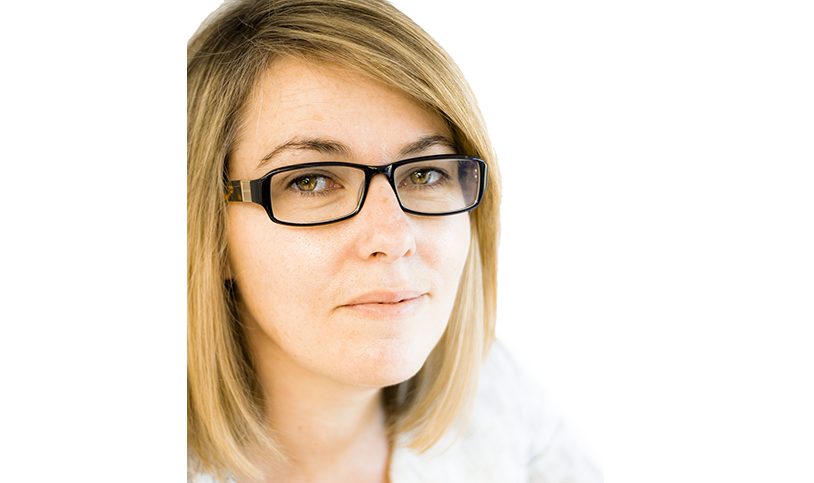
Cultural safety for patients in the AHPRA Code of Conduct: It’s not just black and white – by Nicole Nash-Arnold
Here’s a weird question for nurses: in the course of discharging your duties, when’s the last time you stopped to acknowledge ‘white privilege’ to your patients?
It’s a requirement when you’re providing care to Aboriginal and Torres Strait Islander patients, according to the latest Code of Conduct for nurses released by the Nursing and Midwifery Board of Australia. It’s in the notes on page 15: ‘In relation to Aboriginal and Torres Strait Islander health, cultural safety provides a de-colonising model of practice based on dialogue, communication, power sharing and negotiation, and the acknowledgment of white privilege.’
For the record, I have absolutely no idea what a ‘de-colonising model of practice’ is!
Of course I have no issue with delivering culturally safe care to Aboriginal and Torres Strait Islander people. But cultural safety isn’t just an issue of white people versus everybody else. And it’s not just about Aboriginal and Torres Strait Islander patients. In Australia we’ve also got a significant Islamic population, we’ve got a growing number of first and second generation Australians (some of whom don’t speak English), and a vast number of other people from non-white-Australian backgrounds.
I think what this part of the Code of Conduct is trying to achieve is to get nurses to embrace the notion of person-centred care. Before you get your hackles up about that term, person-centred care is not about customer service. It’s not about fluffing pillows and being a waitress to your patients. It’s about partnering with patients in their care, instead of just administering it at them.
Person-centred care creates cultural safety for everyone, regardless of their background. It calls nurses to consider the cultural sensitivities of all patients—if they’re Aboriginal, Muslim, Jewish, white or something else—and ask them, “What matters to you?”
When I was working in emergency, I had a disproportionately high number of male nurses in my team. One night I went to go home, leaving all men on duty, and the receptionist said “You can’t leave. What if a woman comes in with a girl problem?” Of course, just then the bell rang and it was a Muslim woman having a miscarriage.
I went in to her and offered to stay, in case she preferred to have a female nurse present. I don’t know much about Islamic culture but I’m aware that a Muslim woman might have an issue with a man delivering intimate medical care. She said no, but she did thank me for thinking of her. I acknowledged her culture in that conversation but I never said “I acknowledge white privilege”. Imagine saying that to a person!
There are so many variations of cultural sensitivity, and nurses should be aware of the scope of issues and know how to ask what matters to each individual patient. We shouldn’t assume that everybody from a particular cultural background needs the same particular type of care. I should be able to say to a patient, “I don’t know much about your culture. Can you tell me what you need that would be different to what I would need?”
And the notion of person-centred care isn’t just about cultural differences. I shouldn’t assume that every terminal cancer patient wants the same care I would want. Or that every elderly patient should be treated the same. Nurses tend to be very matriarchal in the way we deliver care: we decide what’s ‘best’ for the patient. There’s very little ‘dialogue, communication, power sharing and negotiation’—regardless of whether the patient is white or not!
Say you’ve got a patient who’s just had major surgery, and the nurse is focused on making their recovery as efficient as possible. But the patient couldn’t be less interested in taking their antibiotics and lying in bed, because their daughter’s wedding is on Saturday and they’re determined to go if it kills them! They won’t care if it takes them a bit longer to heal. When we get annoyed because they’re not compliant, they self-discharge (and then they can get into real trouble). Instead of bossing them around, we should be saying, “Fair enough, you have to get to the wedding. It might impact your recovery, but let’s do what we need to do to make it happen.”
Or if you’ll have a terminal cancer patient who gets to the point where they just want to enjoy the rest of their life. Doctors and nurses can get really angry when a patient opts out of treatment well before the end is nigh. But maybe the patient isn’t just a non-compliant idiot; maybe they’re a human being making their own choices about how they want the end of their life to go. We health professionals tend to want to decide the treatment and have the patients take what we give them. But the principle of person-centred care (and the new Code of Conduct) says that we should share the decision-making power with the patient.
I know more about some cultures than I do about others. I know more about some types of people than I do about others. And I know enough to know that I can’t make assumptions about how people want to be treated. As a nurse I should always be asking “What do you need that I don’t know about? What matters to you?”
More articles in My Health Career:
- 20 years of change in Occupational Therapy – by Nicole Grant
- Fear of having fun: the workplace culture-killer in nursing – by Nicole Nash-Arnold, founder Nurse Manager HQ
- The Royal Commission into Aged Care Quality and Safety – worthwhile or not? What the AMA, ANMF and Universities Australia have to say
